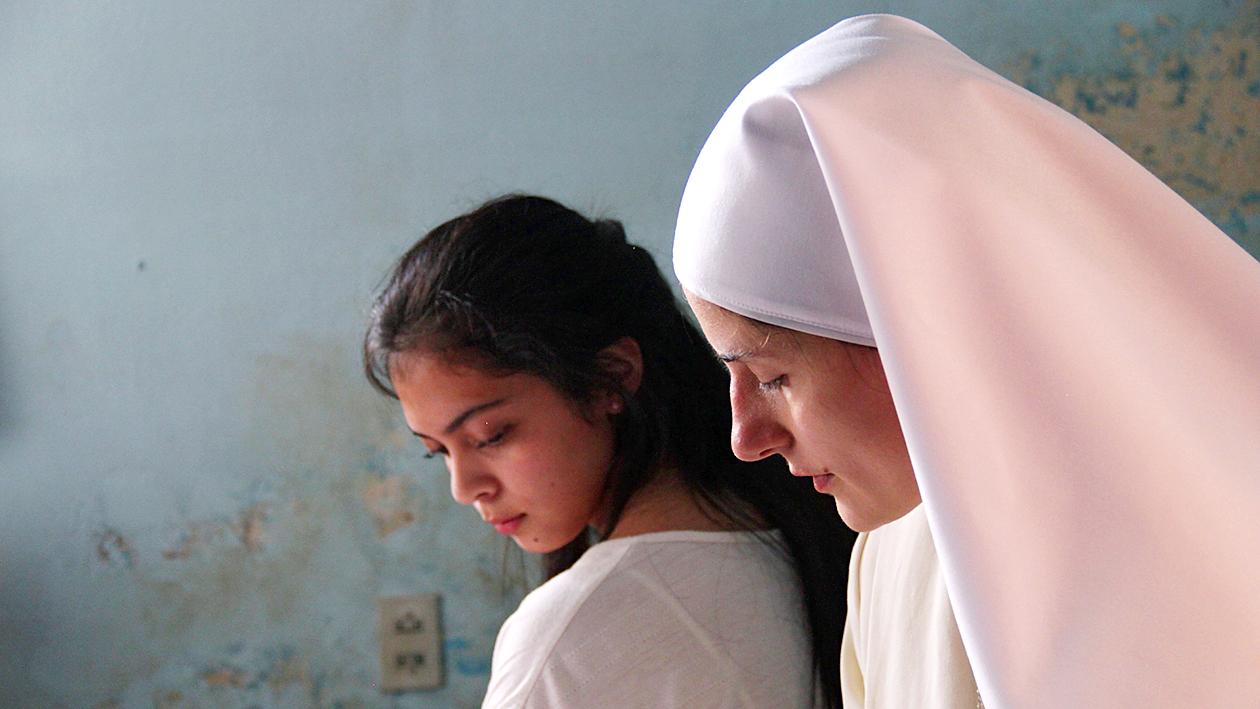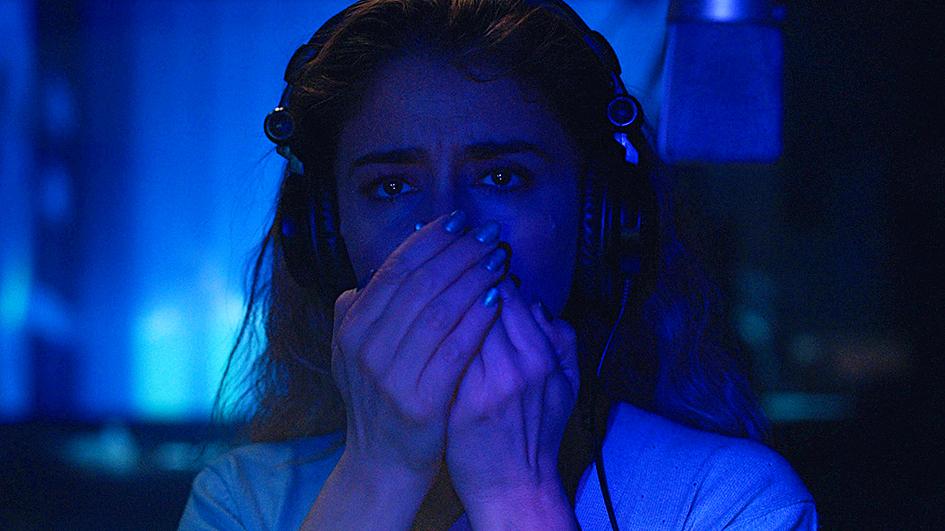Pecha Lo (羅珮嘉) isn’t concerned that fewer female Taiwanese filmmakers are focusing solely on gender equality.
“Some may worry that the topic is being underrepresented, but I don’t think we should place limits on what stories women can tell; that is too politically correct,” the director of the Women Make Waves Film Festival tells the Taipei Times. “I hope to see them exploring a wider range of topics.”
Going against the grain fits nicely with this year’s theme of “femture” (an amalgamation of feminism and future), where Lo encourages the audience to imagine and explore what it means to be a woman in the near or distant future — especially as the world is thrown into disarray by the COVID-19 pandemic.

Photo courtesy of Women Makes Waves Film Festival
Now in its 27th year, the festival opens today with 76 films over 10 days, featuring mostly foreign films and a Taiwan competition section.
“There are many mainstream forces dictating to us what kind of woman we should be,” Lo says, but she notes that even identifying as a woman is optional these days as gender becomes increasingly fluid. The visuals for the festival are markedly neutral this year, using muted tones and androgynous figures.
“I’ve purposely blurred the portrayal of the woman, so that people are free to imagine what a woman might look like in the future,” Lo says.

Photo courtesy of Women Makes Waves Film Festival
Last year, the festival addressed the big issues such as the MeToo movement and women regaining control over their bodies. This year, it examines problems that may not be as apparent, especially in a country like Taiwan where many mistakenly believe that gender equality has been achieved due to its high global rankings in women’s rights.
“In the past two years, whether it be in the West or in Taiwan, society has become more aware of sexual harassment, but new problems have arose,” Lo says. “Through movies and storytelling, we can highlight a variety of issues that are more difficult to advocate for and explain directly.”
These include cybersex crimes such as revenge porn, Internet misogyny, as well as increasingly homogenized societal standards of beauty and ageism. Old problems also remain, such as domestic violence, sexual abuse by people in power and general sexism such as the gender wage gap and offensive comments made by public figures.
Lo notes the common belief that only young women have the right to dress up and go on dates, and wants to show that middle-aged women also deserve to find love, even through dating apps such as Tinder.
Discussing the future inevitably entails examining the role of technology, which is a big part of the program, especially in light of cybercrime incidents such as the “Nth Room” scandal in South Korea.
The “Proud to Fail” section deals with a constant theme within the festival: “How to be a cool loser,” Lo says. Again, it’s about overturning mainstream stereotypes, looking at women who may not be “winners,” but who are forging their way forward and creating their own aesthetics of living.
Lo says that this refusal to compromise is also what keeps the festival relevant after nearly three decades. As a curator, sometimes it’s hard to resist the temptation to throw out simpler, more commercial films to attract a wider audience.
“But you have to insist on what you want to deliver to your viewers,” she says. “[Our films] may sometimes be complex, difficult to understand, too heavy; but we believe that keeping the faith can take us further in the long run. Once you build something up, there will be people who will follow your faith.”

Last week Joseph Nye, the well-known China scholar, wrote on the Australian Strategic Policy Institute’s website about how war over Taiwan might be averted. He noted that years ago he was on a team that met with then-president Chen Shui-bian (陳水扁), “whose previous ‘unofficial’ visit to the US had caused a crisis in which China fired missiles into the sea and the US deployed carriers off the coast of Taiwan.” Yes, that’s right, mighty Chen caused that crisis all by himself. Neither the US nor the People’s Republic of China (PRC) exercised any agency. Nye then nostalgically invoked the comical specter

Over the course of former President Ma Ying-jeou’s (馬英九) 11-day trip to China that included a meeting with Chinese Communist Party (CCP) leader Xi Jinping (習近平) a surprising number of people commented that the former president was now “irrelevant.” Upon reflection, it became apparent that these comments were coming from pro-Taiwan, pan-green supporters and they were expressing what they hoped was the case, rather than the reality. Ma’s ideology is so pro-China (read: deep blue) and controversial that many in his own Chinese Nationalist Party (KMT) hope he retires quickly, or at least refrains from speaking on some subjects. Regardless

Approaching her mid-30s, Xiong Yidan reckons that most of her friends are on to their second or even third babies. But Xiong has more than a dozen. There is Lucky, the street dog from Bangkok who jumped into a taxi with her and never left. There is Sophie and Ben, sibling geese, who honk from morning to night. Boop and Pan, both goats, are romantically involved. Dumpling the hedgehog enjoys a belly rub from time to time. The list goes on. Xiong nurtures her brood from her 8,000 square meter farm in Chiang Dao, a mountainous district in northern Thailand’s

Peter Brighton was amazed when he found the giant jackfruit. He had been watching it grow on his farm in far north Queensland, and when it came time to pick it from the tree, it was so heavy it needed two people to do the job. “I was surprised when we cut it off and felt how heavy it was,” he says. “I grabbed it and my wife cut it — couldn’t do it by myself, it took two of us.” Weighing in at 45 kilograms, it is the heaviest jackfruit that Brighton has ever grown on his tropical fruit farm, located